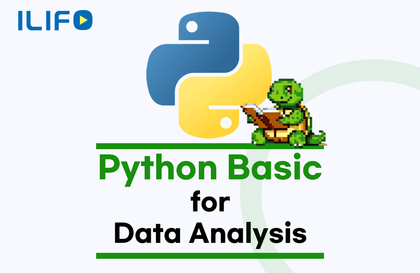
Data analysis starting with Python (from Python grammar for data analysis to data collection, preprocessing, and exploration)
ilifo
$26.40
Beginner / Python, Numpy, Pandas, Seaborn, Matplotlib
4.7
(10)
From the basics of Numpy and Pandas to data preprocessing, visualization, and crawling, all in one place! This is an introductory Python course for data analysis.
Beginner
Python, Numpy, Pandas


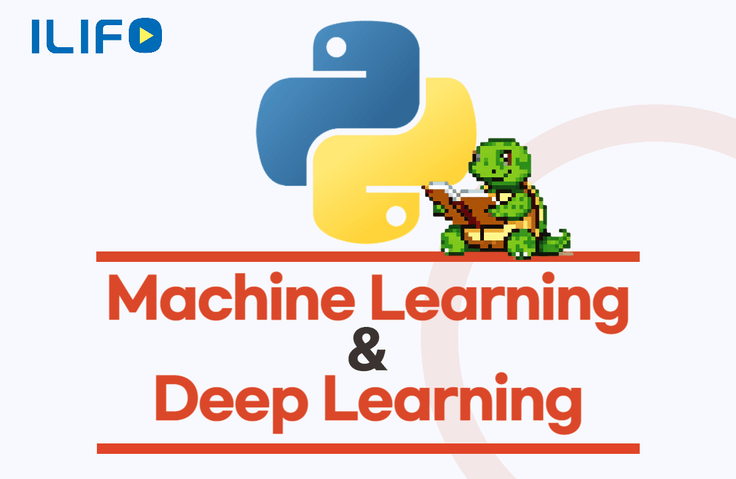



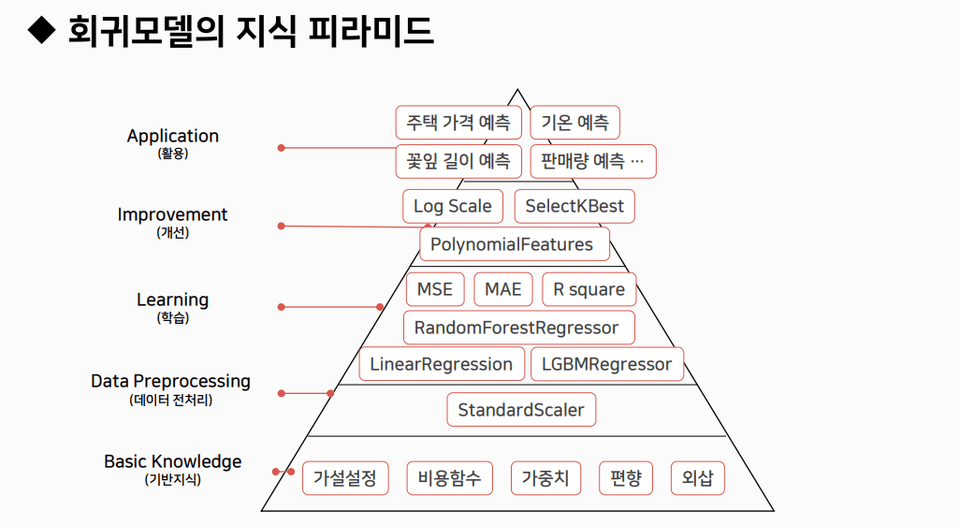
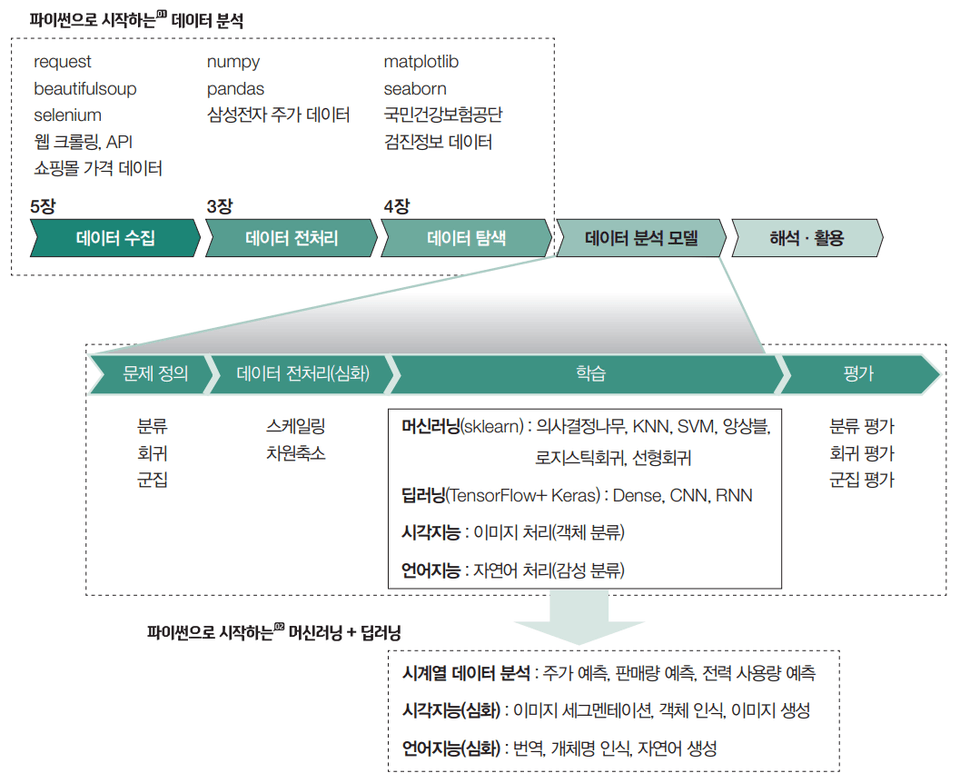

![[Beginner/Introductory] Implementing Recommendation Systems through Various ExamplesCourse Thumbnail](https://cdn.inflearn.com/public/files/courses/337887/cover/01jyvdpxdgj736bzm3ek4mnk59?w=420)
![[Renewal] Python Data Analysis for Beginners (Easy! Master the entire process of preprocessing, pandas, and visualization) [Data Analysis/Science Part 1]Course Thumbnail](https://cdn.inflearn.com/public/course-325576-cover/75d85753-8e0b-40f3-9f11-ca43e70c5200?w=420)
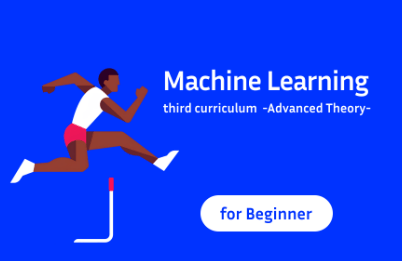
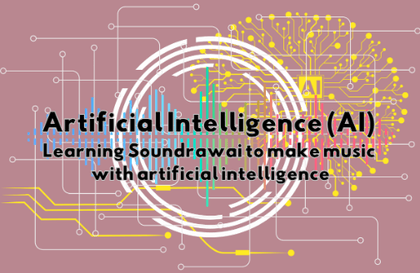
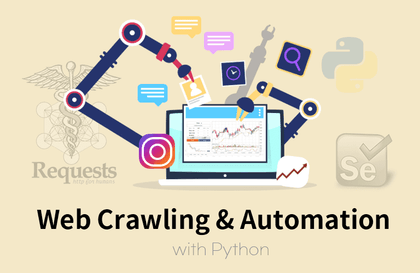
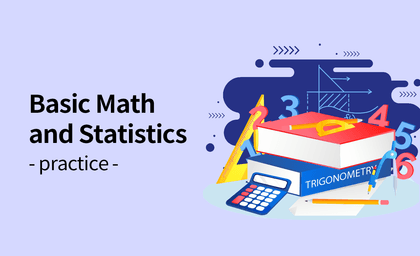
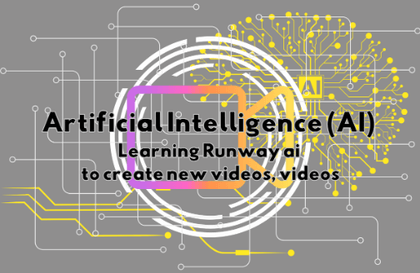
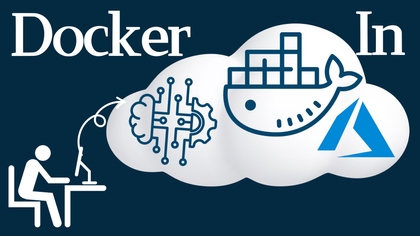
![[Renewed] MongoDB and NoSQL (Big Data) Database Bootcamp for Beginners [From Introduction to Application] (Updated)Course Thumbnail](https://cdn.inflearn.com/public/courses/324183/cover/fbe9f0cc-4c42-4435-b855-f283f6932415/324183.png?w=420)
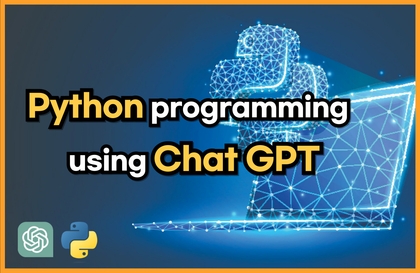
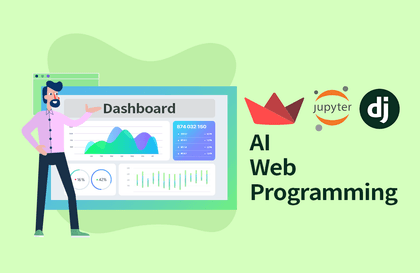
![[Management Course #3] DE, DBA (SSIS, SSAS, MachineLearning, BI, ETL)Course Thumbnail](https://cdn.inflearn.com/public/courses/329784/cover/c5e6543b-72c3-4471-b43f-15b9002e65ed/329784-eng.png?w=420)

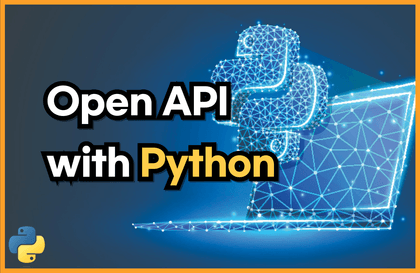
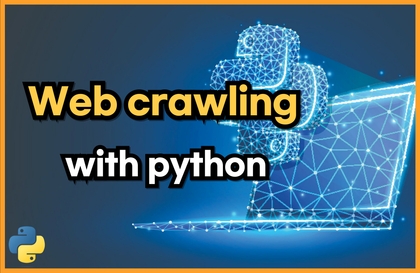

![[Renewal] First-time SQL and Database (MySQL) Bootcamp [From Beginner to Application]Course Thumbnail](https://cdn.inflearn.com/public/courses/324208/cover/85872a8e-d2bb-4c43-82fc-d55fa067746e/324208.png?w=420)

